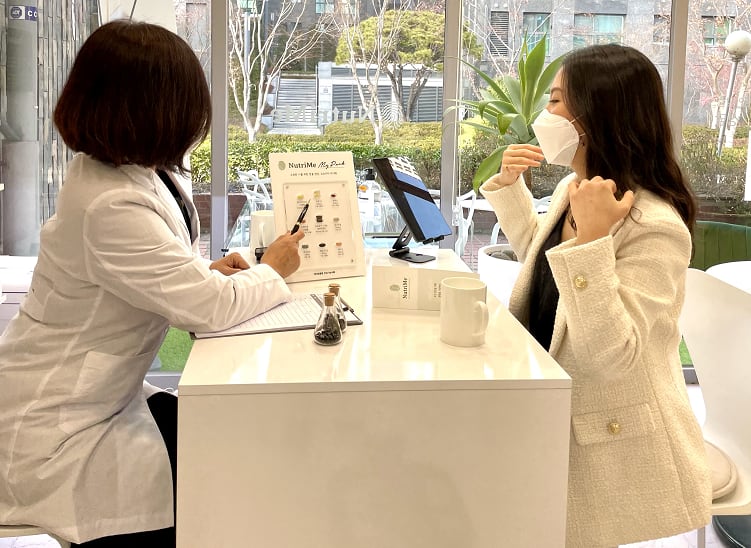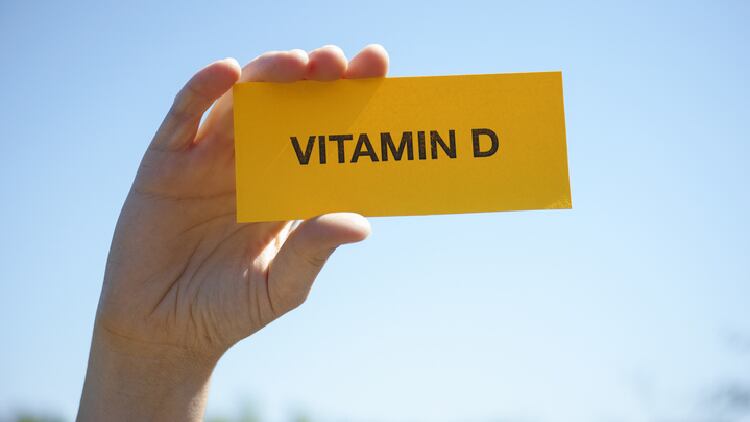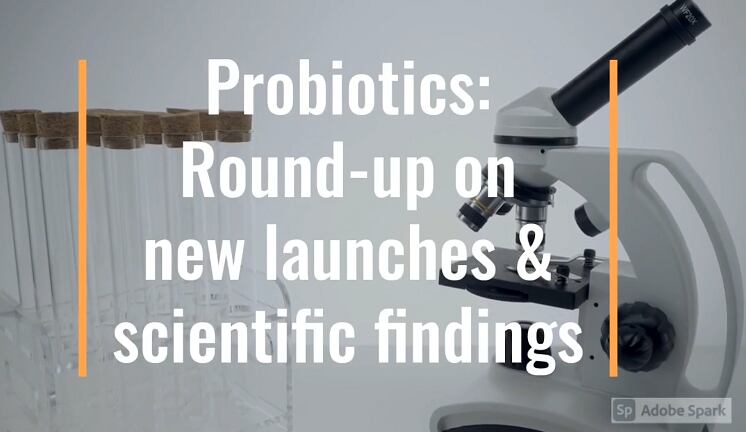The agency warned that consuming aloe vera whole leaf extract daily for one to two weeks could cause side effects.
However, its market inspection of 20 commercialised products found that most products were sold in a 30-day supply format.
Aloe vera whole leaf refers to the entire leaf of the plant, excluding the inedible parts of the roots and stems.
It was recognised by the MFDS in 2008 as a health functional food ingredient for improving bowel movement. Its active component, aloin, also known as barbaloin, could help with bowel movement and is also used in laxatives.
However, it is also a hydroxyanthracene derivative (HADs) which has been shown to be genotoxic in in vitro settings.
“HADs present in these [health functional food] products could decrease colon function and cause nephritis,” the Korea Consumer Agency said. Nephritis is the inflammation of kidneys.
“The World Health Organisation (WHO) and European Medicines Agency (EMA), in their pharmaceutical monograph, has limited its use to between one to two weeks, based on the permissible daily dose of 10mg to 30mg.”
The agency pointed out that the daily dosage of barbaloin in aloe vera health functional food sold in the domestic market was between 20mg to 30mg.
It has since requested the MFDS to re-evaluate the use of aloe vera whole leaf for use in health functional foods.
Citing EU and Taiwan as examples, the Korea Consumer Agency said these regions have restricted the use of aloe leaves in food and dietary supplements.
In the EU, the parts containing HADs could not be used, while aloe gel can be used after removing aloe skin that contains HADs. The rule has been implemented since April 8.
Before the rule was enforced, the European Federation of Associations of Health Product Manufacturers had led a petition defending the use of aloe.
In Taiwan, only the leaves of “aloe vera” and “aloe ferox” plants that have been completely peeled can be processed into food ingredients, and their aloin content cannot exceed 10 parts per million (ppm).
Also, the product labelling must also warn against the use of the product among menstruating women, pregnant women, breastfeeding women, children, and patients with digestive or kidney diseases. Taiwan will be implementing the rules from January 1 next year.
Inspection results
Some of the key issues with aloe vera health functional food sold in South Korea included a lack of warning label, the agency said, based on its inspection of 20 products sold in the market.
As such, it has advised the companies to warn the consumers the side-effects of long-term use, as well as removing labels and advertisements that recommended the long-term use of the product.
It also warned consumers to not consume such products for “more than one to two weeks”.





